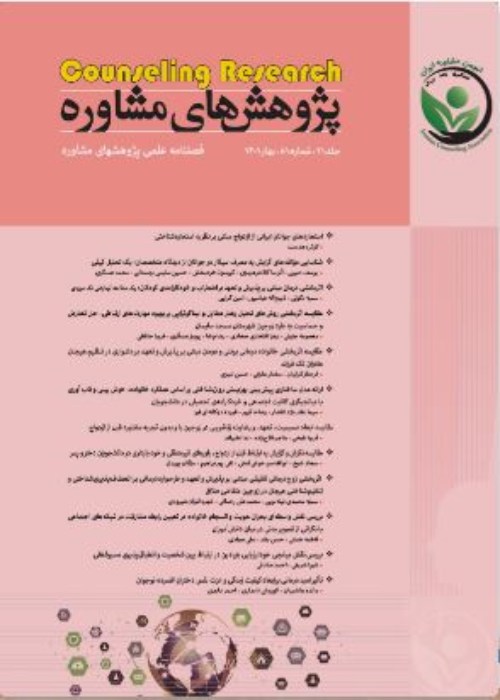Comparing Cognitive Flexibility, Psychological Capital and Coping Strategies with Pain between Individuals with COVID-19 Responding and Non-Responding to Home Treatment
The present study aimed to compare cognitive flexibility, psychological capital and coping strategies with pain between individuals with COVID-19 responding and non-responding to home treatment.
Methodology for this study was ex-post facto. Population included individuals with COVID-19 who responded or did not respond to home treatment in city of Tehran. Using snowball sampling, 87 individuals responding to home treatment and 92 individuals who did not responde to home treatment were selected and completed the questionnaires of Dennis and VanderWal (2010), flexibility, Luthans et al’s cognitive psychological capital (2007), and Rosenstiel and Keefe’s coping strategies with pain (1985). Data were analyzed using MANOVA.
There was significant difference between cognitive flexibility, psychological capital, and coping strategies with pain between the groups of responding and non-responding to home treatment (P<0.01). Catastrophazing-type of coping strategy was less in group of responding to home treatment than group of non-responding to home treatment, but cognitive flexibility, self-efficacy, hopefulness, resiliency, optimistic, and coping strategies of diverting attention, reinterpretation of pain, ignoring pain, self-talk, pray-hopefulness, and increase of behavior in group of responding to home treatment were higher than the non-responding group.
Cognitive flexibility, psychological capital, and coping strategies with pain effect responding to home treatment of COVID-19. The results provide evidence that applying the interventions of prevention and treatment based on positive psychology as improving cognitive flexibility, psychological capital and efficient coping strategies can effect the procedure of home treatment and increase responding to COVID-19 treatment.
- حق عضویت دریافتی صرف حمایت از نشریات عضو و نگهداری، تکمیل و توسعه مگیران میشود.
- پرداخت حق اشتراک و دانلود مقالات اجازه بازنشر آن در سایر رسانههای چاپی و دیجیتال را به کاربر نمیدهد.


